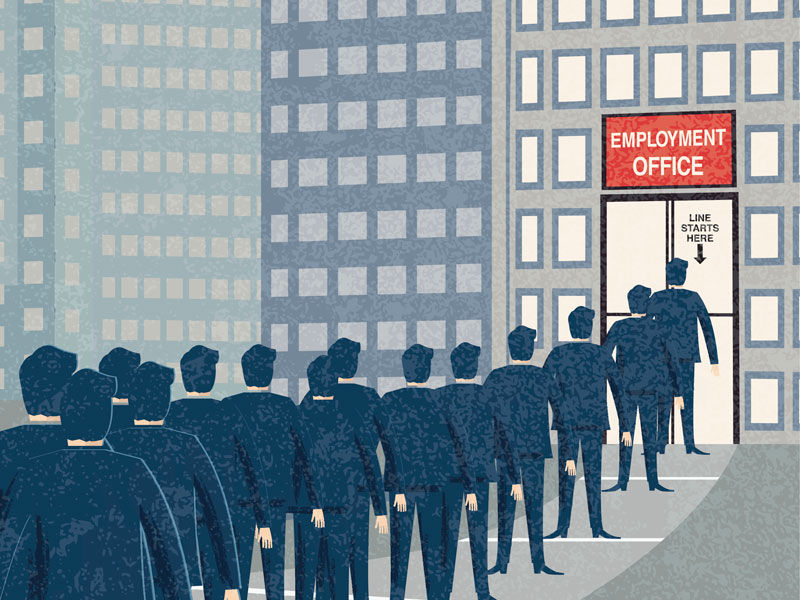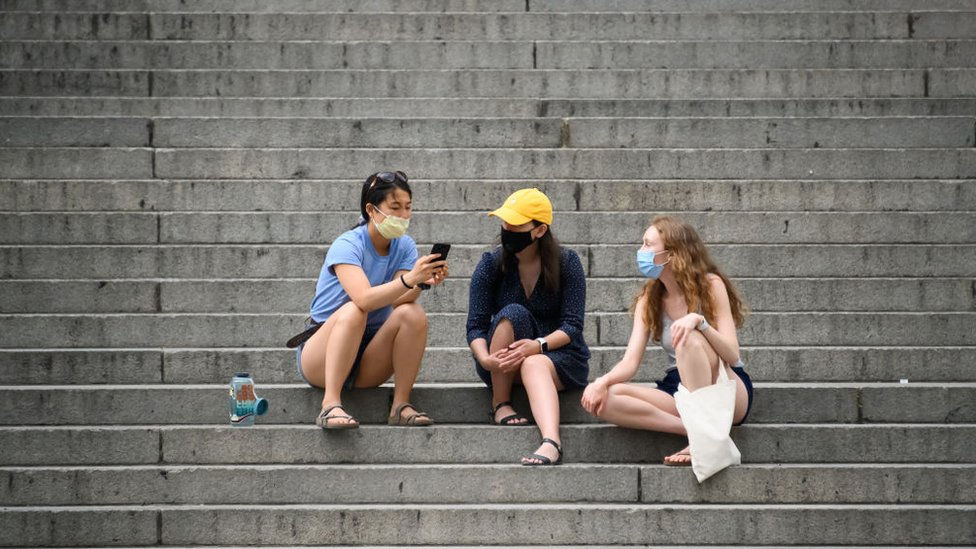Hope
- Samarth Modi

- Nov 17, 2020
- 3 min read
As the Vaccines start proving useful, new debates arise. Catch up here:

Pfizere Inc. and Moderna Inc. have both showcased optimistic results in their COVID-19 vaccine tests. Giving a success of 90% and 94.5% repetitively, the two firms are giving some hope towards ending the pandemic. Moderna had received a subsidy of 955 Million USD from the United States Government, where as Pfizer, did not get any. However, it had worked with BioNTech which is a German Firm using about 444 Million USD to get their results.
Now that our hopes are up, there are some problems which come... the first comes for storage, how will the vaccines be stored? Pfizer's vaccine needs to be stored under ultra-cool temperature for few days before use and then can be stored for 5 days in normal freezers or used immediately. Moderna however, proves that their vaccine can be stored for 30 days in a normal freezer. This has encouraged the US government to purchase more than a Billion Dollar worth of Moderna vaccines already.
As the two giants battle it out a new question appears... should you pay for the vaccines?
There are numerous debates which have been undertaken on the topic and the most viable/logical arguments are as follows:
Ethics: should you charge someone for something out of their control? This argument connects to the idea of negating insurance in the face of natural calamities.
Progressive systems: Cost of the vaccine rises as income does.
Free state: Giving all vaccines to everyone for free, more on the ethical front.

These 3 arguments have their own standing ground. The idea for delivering all vaccines for free is popular amongst previously established vaccines. Such as Polio, however, that is because the industry is not an infant. An infant industry needs to be economically protected so that it is not faced with exploitation, dipping qualities, or even reducing supplies in the future.
The idea of charging might be a bit ugly to some, however, it is important to consider the idea of using the vaccine as a two edged sword. The one pandemic which ruined the economy can be used to revive it too. By making the vaccine's supply public (owned by the government) all funds which are collected by the government can also be used to take the economy out of the current fall in economic activity. As a revival of not only the society but also the economy, it makes sense to make the people who are in a position to pay to pay more.
This stance in the short run seems to sting, however, in the long run if the economy is not revived, the idea of even holding onto the funds which you might save by paying the same amount as others will not help. As there are not too many winners in a losing economy. This can be a method of increasing income equality as well as curing the disease. Lastly there are ethics, a topic which has gotten less room in the world in this century however, a burning aspect in debates.
Ethically it makes sense to charge the rich more while also it makes sense to nto charge anyone anything or even charge everyone the same. By charging the rich more you may achieve income equity, by charging nobody the same you can live up to the Central Bank's policy of uncontrollable disasters, and by charging everyone the same you are being equal in some senses of the word. The subjective nature of ethics does not allow us to understand the best option, however, the economic stand does lean more towards charing the richer more. As a rational individual that is also the stand I take.





Comments